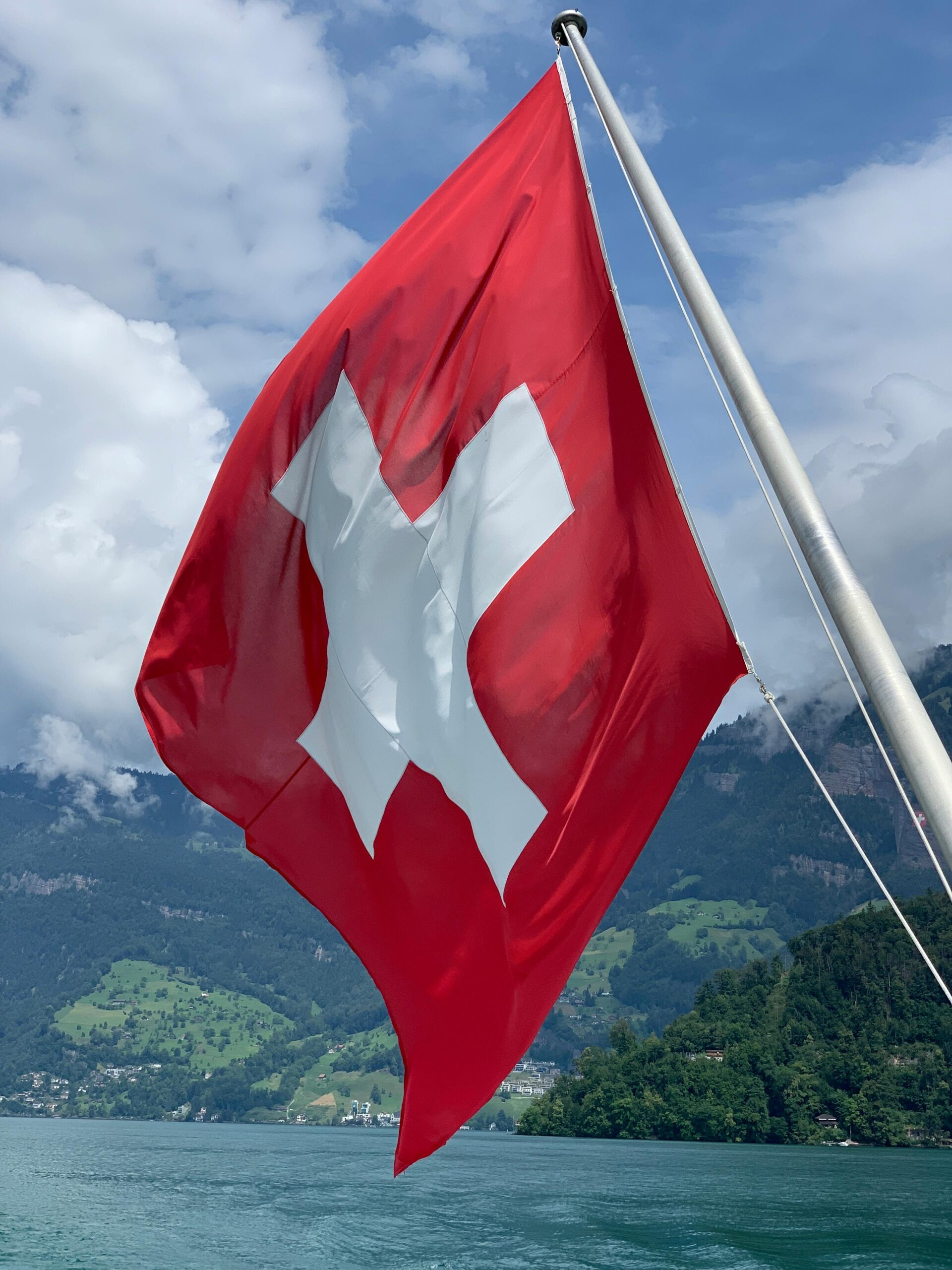The Republic of Ireland has grown significantly in popularity as a destination for immigration over the past ten years. To visit, work, or study in Ireland, immigrants from countries outside the European Economic Area, such as Pakistan, will need a visa. Ireland’s immigration policy does not use a points-based system and is instead designed to make it simple for immigrants to obtain the skills and knowledge that the Irish economy requires of them.

Ireland visas
You will require a visa and an employment permit to come to Ireland from Pakistan. A visa enables entry whereas an employment permit enables employment while you’re there. Visa and job permit applications are processed separately and are approved by two independent government agencies. You might be eligible to avoid the visa/work permit process if your spouse or civil partner is an EU/EEA citizen. Ireland’s Department of Justice and Equality issues visas. You should apply for a short-term (C) visa if your planned stay will be fewer than 90 days. You must apply for the long-stay (D) visa if you intend to work and reside in Ireland for a period longer than 90 days. You can apply for a visa online from your home country and then mail your paper application and supporting materials to the appropriate Irish consulate. The visa fee is €60, and extra expenses in assembling the paperwork required for your application may also be incurred. You can anticipate a decision within 8 weeks after the day your application was submitted to the consulate.
Visa application for Ireland
Applications for Ireland visas must all be submitted online. You will receive instructions on how to proceed following the online submission.
Filling out the online application
On the website of the Irish Naturalization and Immigration Service (INIS), you must use AVATS, the Irish Online Application facility, to submit your application for an Ireland visa. Your application can be retrieved at any point during the following 30 days using the transaction number you will get. You must enter information about the type of visa you are applying for, the dates you want to travel, and your details when you start an application.
Submitting the paperwork and passport
Once you’ve printed the online application, you must submit it along with your passport, several supporting documents, and the money for the Irish visa. On your application summary, you will find information about where to send your passport and supporting documents. The location may be an Irish embassy, consulate, or visa application center in your nation, depending on where you are located.
Work permits in Ireland
Employment permits are distributed by the Department of Business, Enterprise, and Innovation. A job offer is required before you may apply for an employment permit. Applications from recruiters or other agencies won’t be accepted; however, you can submit one yourself or have your company do it on your behalf. There are many kinds of work permits available:
Permit for general employment
Irish General Employment Visa is a work permit that, with few conditions, enables foreigners to work in Ireland in positions that pay at least €30,000 annually. This visa can be applied for by either the employer or the employee.
Irish Critical Skills Employment Visa
This work permit, which is based on job offers, enables immigrants to work in Ireland in positions that pay at least €60,000 annually, or at least €30,000 annually if the position is on Ireland’s Highly Skilled Occupations List. This visa can be applied for by either the employer or the employee.
Visa for the Irish Start-up Entrepreneur Program
People with creative company strategy and business experience can get long-term residency in Ireland through the Irish Start-up Entrepreneur Visa Programme. You must have €75,000 in start-up funding and the intention to launch a “new or innovative product or service” in international markets to qualify for this program.
Dependent/Partner/Spouse Employment Permit
Family members of some people with these Irish work permits can live and work in Ireland.
Having a permanent address in Ireland
Generally, you can seek residency after five years of lawful habitation in Ireland. Holders of General Employment Permits are included in this. However, holders of Critical Skills Employment Permits can apply for residency after just two years, which is a good perk for techies. After receiving residency, you won’t require any other work permits. Be aware that the length of time you can legally reside in Ireland is determined by when you register with Immigration, not the dates of your visa or work permits. This implies that you must register as soon as you arrive because delays in registering can seriously complicate the process of seeking residency or additional permits or visas. If you live outside of Dublin, you can register at the Garda District Headquarters. At the Garda National Immigration Bureau in Dublin, you can register. Each certificate of registration issued is subject to a €300 cost.
Ireland citizenship
You can be qualified to apply for citizenship after residing and supporting yourself in Ireland for five years. Being an Irish citizen gives you the right to vote in all Irish elections, apply for an Irish passport, and become a member of the EU.



